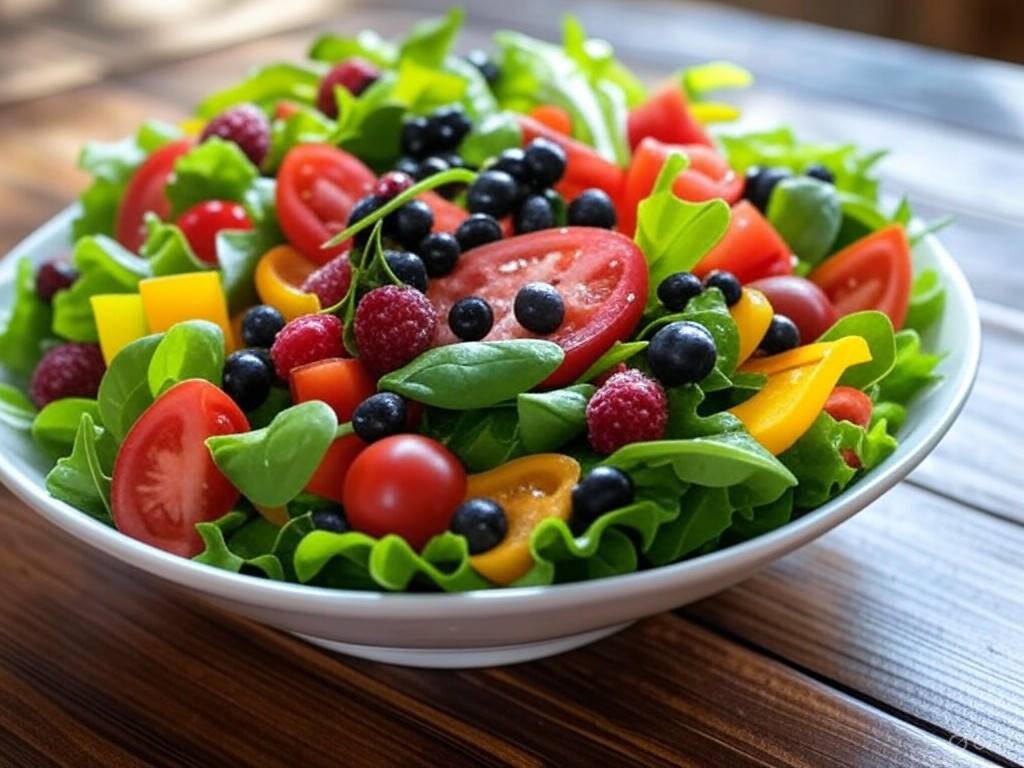Boost Your Health: Diverse Flavonoid-Rich Foods Could Slash Cancer Risk
In the ever-evolving world of nutrition science, a groundbreaking study has unveiled a promising link between dietary diversity and a reduced risk of cancer. Researchers have discovered that incorporating a broad range of flavonoid-rich foods into your daily meals might lower your chances of developing cancer by as much as 8%. Flavonoids, natural compounds found in various plants, are known for their antioxidant properties, which help combat harmful free radicals in the body. But it’s not just about eating more of these compounds—it’s about variety.
Flavonoids are abundant in an array of colorful fruits, vegetables, and beverages like tea and wine. Think of vibrant berries, crisp apples, zesty citrus fruits, leafy greens, and even dark chocolate. Each type of flavonoid offers unique health benefits, and the recent study emphasizes that consuming a wide spectrum of these compounds can have a protective effect against chronic diseases, including cancer. The research suggests that different flavonoids target various pathways in the body, working together to reduce inflammation, inhibit tumor growth, and repair cellular damage. This synergistic effect is what makes diversity so powerful—eating a single type of flavonoid-rich food won’t yield the same results as a varied approach.
What sets this study apart is its focus on long-term health outcomes. Scientists tracked participants over several years, analyzing their dietary habits and health records. Those who regularly consumed a diverse mix of flavonoid sources not only showed a lower cancer risk but also reported improved overall well-being and vitality. The findings highlight a simple yet impactful message: small changes to your plate can lead to significant health benefits. Instead of sticking to the same few fruits or veggies, why not experiment with new options? Swap your usual apple for a handful of tart cherries, or add a sprinkle of flavonoid-packed herbs like parsley to your meals.
Of course, while these findings are exciting, they’re not a magic bullet. A balanced lifestyle that includes regular exercise, adequate sleep, and stress management remains crucial for disease prevention. However, the study offers a practical starting point for anyone looking to enhance their diet. Nutritionists recommend aiming for a rainbow of colors on your plate each day to ensure you’re getting a mix of flavonoids. Farmers’ markets and local grocery stores are treasure troves for discovering seasonal produce that can add both flavor and health benefits to your meals.
As we continue to uncover the intricate ways food influences our bodies, this research serves as a reminder of nature’s incredible potential to heal and protect. By embracing dietary diversity and prioritizing flavonoid-rich foods, we can take proactive steps toward a healthier, longer life. So, the next time you’re planning a meal, think beyond quantity—focus on variety, and let every bite contribute to your well-being.


